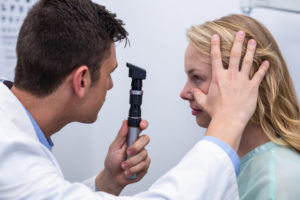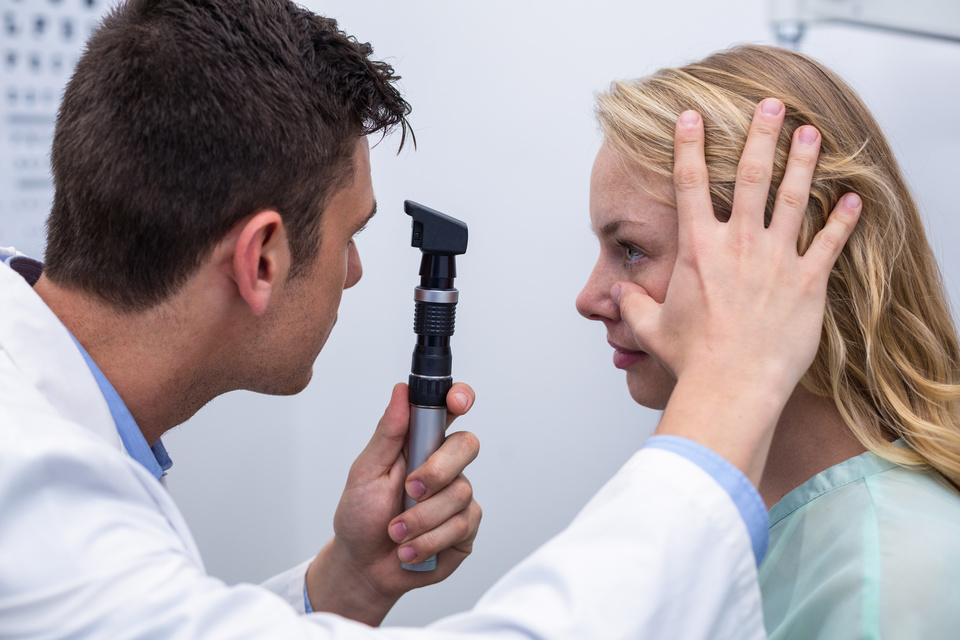 Diabetics with related eye damage called retinopathy are more likely to fall compared with diabetes patients who have not developed vision problems.
Diabetics with related eye damage called retinopathy are more likely to fall compared with diabetes patients who have not developed vision problems.
What Is Diabetic Retinopathy?
Diabetic retinopathy happens when high blood sugar levels cause damage to the blood vessels in the retina. This damage causes blurred vision, difficulty in distinguishing colors, and even blindness. The condition can cause blood vessels in the eyes to swell, leak, block blood flow or grow abnormally on the retina.
Fall Injuries
About one in 10 falls result in fractures and other traumatic injuries. Falls can also lead to less physical activity, reduced social interaction, as well as a decline in independence and mobility. Previous studies have shown a link between an increased risk of falling in diabetics but most of those studies concentrated on diabetic nerve damage in the feet which makes it harder for people to sense where they’re stepping.
In the study reported in JAMA Ophthalmology, nearly 9,500 people were asked if they experienced any fall in prior years. The researchers found that patients with moderate diabetic retinopathy were nearly twice as likely as diabetics with no eye damage to experience falls. Those with mild retinopathy had 81 percent higher risk of falling. Compared with people without diabetes, patients with diabetic retinopathy were found to have 31 percent increased risk of falling.
Study researcher Ecosse Lamoureux, from the Singapore Eye Research Institute, explained that diabetic retinopathy can influence stereo acuity, contrast sensitivity and color perception, which can lead to poor postural stability and increased risk of bumping into objects. These conditions can make a person prone to falling.
The findings of the study suggest that diabetes management should include education on how to prevent falls, particularly for individuals who are in the early stages of diabetic retinopathy.
Diabetes And Eye Problems
Diabetes patients are at risk of developing a range of health conditions but they are notably prone to eye problems.
Experts say that diabetic retinopathy does not always have early warning signs so it is important for diabetics and those prone to developing this condition to undergo a complete ocular exam at least once a year.
You can call us here at See Island Eyecare to set an appointment with an eye expert. Our eye specialists can evaluate your eye health and give you advice on how to effectively protect your vision.


